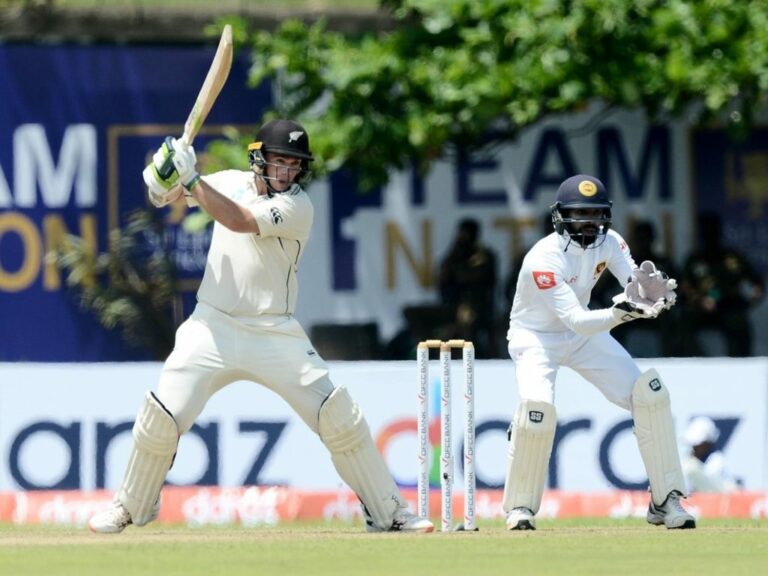The Art of Captaining Cricket Tours: Leadership Insights: 11xplay com, Laser247, Skylivecasino signup
11xplay com, laser247, Skylivecasino Signup: Cricket is a team sport that requires not just skill and talent but also excellent leadership. Captaining a cricket tour is a unique experience that requires specific leadership qualities and insights to ensure success both on and off the field. In this article, we will explore the art of captaining cricket tours and share some valuable leadership insights that can help you navigate the challenges and opportunities of leading a cricket team on tour.
Building Team Culture
One of the most critical aspects of captaining a cricket tour is building a strong team culture. As a captain, you are responsible for creating a positive and supportive environment where every player feels valued and motivated. Encouraging teamwork, communication, and camaraderie among your team members is essential for success on tour.
Setting Goals and Expectations
Setting clear goals and expectations for the tour is crucial for keeping your team focused and motivated. Whether it’s winning a series, improving individual performances, or building team cohesion, clearly defining your objectives can help align your team’s efforts and energy towards a common purpose.
Leading by Example
As a captain, leading by example is perhaps the most important leadership insight you can employ. Your team will look to you for inspiration, guidance, and direction, so it’s essential to demonstrate the values and behaviors you expect from your players. Show dedication, professionalism, and perseverance in everything you do, both on and off the field.
Communication and Decision-making
Effective communication is key to successful leadership on a cricket tour. Keep the lines of communication open with your team members, coaching staff, and support staff to ensure everyone is on the same page. Make informed decisions based on input from your team and trust your instincts when it comes to making tough calls on the field.
Managing Conflict and Adversity
Conflict and adversity are inevitable on any cricket tour, but how you handle these challenges can make or break the team dynamic. As a captain, it’s essential to address conflicts proactively, communicate openly, and find constructive solutions to resolve issues. Stay positive and resilient in the face of adversity to inspire confidence and resilience in your team.
Leading with Integrity and Respect
Finally, leading with integrity and respect is a fundamental leadership insight that should guide your actions as a cricket captain. Earn the trust and respect of your team by demonstrating honesty, fairness, and humility in your interactions. Treat everyone with respect, regardless of their role or position, and lead by example in upholding the values of sportsmanship and fair play.
In conclusion, captaining a cricket tour requires a unique set of leadership qualities and insights to navigate the challenges and opportunities that come with leading a team on tour. By focusing on building team culture, setting clear goals, leading by example, communicating effectively, managing conflicts, and leading with integrity, you can inspire and motivate your team to achieve success both on and off the field.
FAQs
Q: How important is team culture in captaining a cricket tour?
A: Team culture is crucial in creating a positive and supportive environment that fosters teamwork, communication, and camaraderie among team members.
Q: What role does communication play in effective leadership on a cricket tour?
A: Effective communication is key to keeping your team aligned, motivated, and focused on achieving your tour objectives.
Q: How can a cricket captain handle conflicts and adversity on tour?
A: By addressing conflicts proactively, communicating openly, and finding constructive solutions, a captain can help maintain a positive team dynamic in the face of challenges.
Q: Why is leading with integrity and respect important in captaining a cricket tour?
A: Leading with integrity and respect earns the trust and respect of your team, upholds the values of sportsmanship, and sets a positive example for others to follow.







